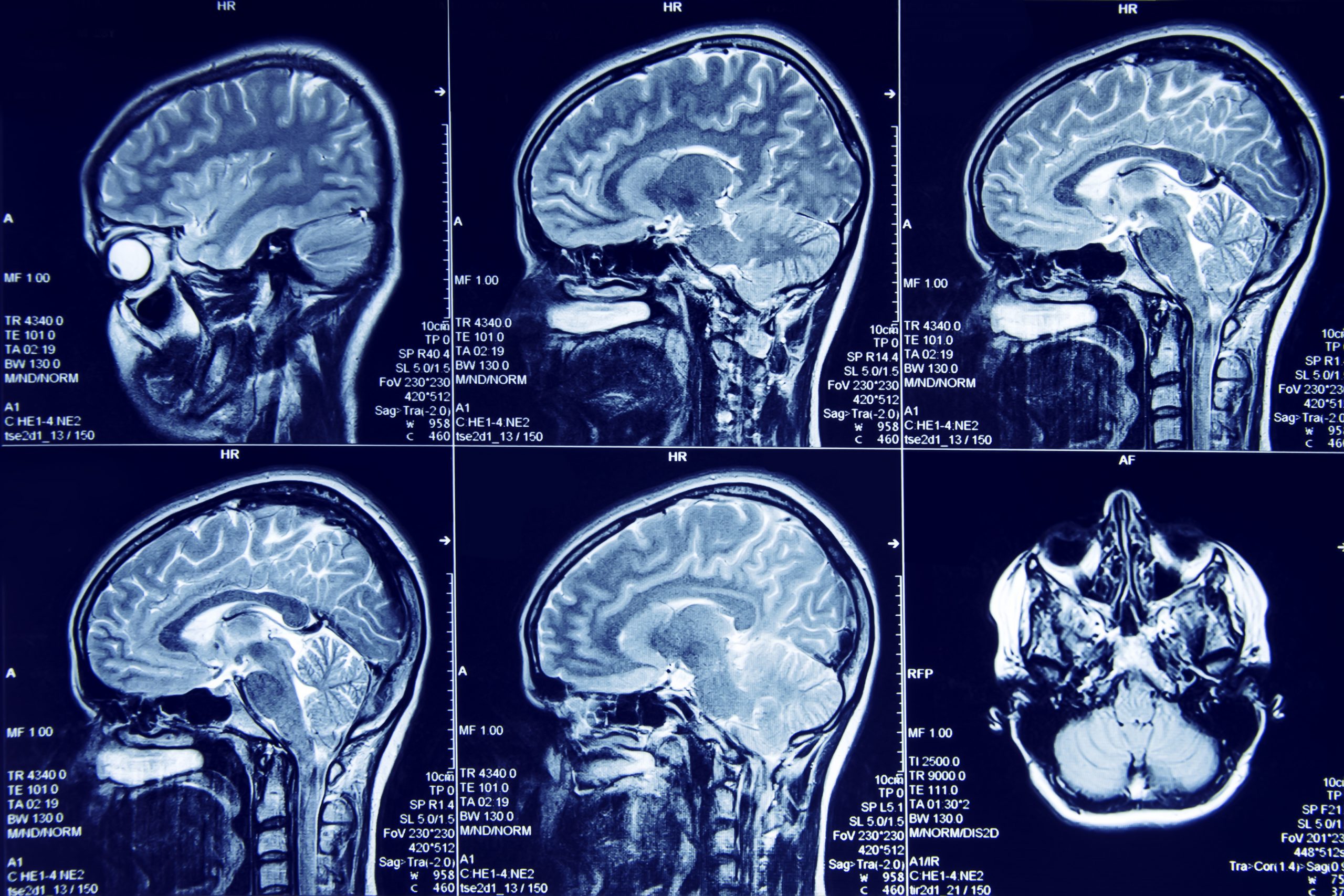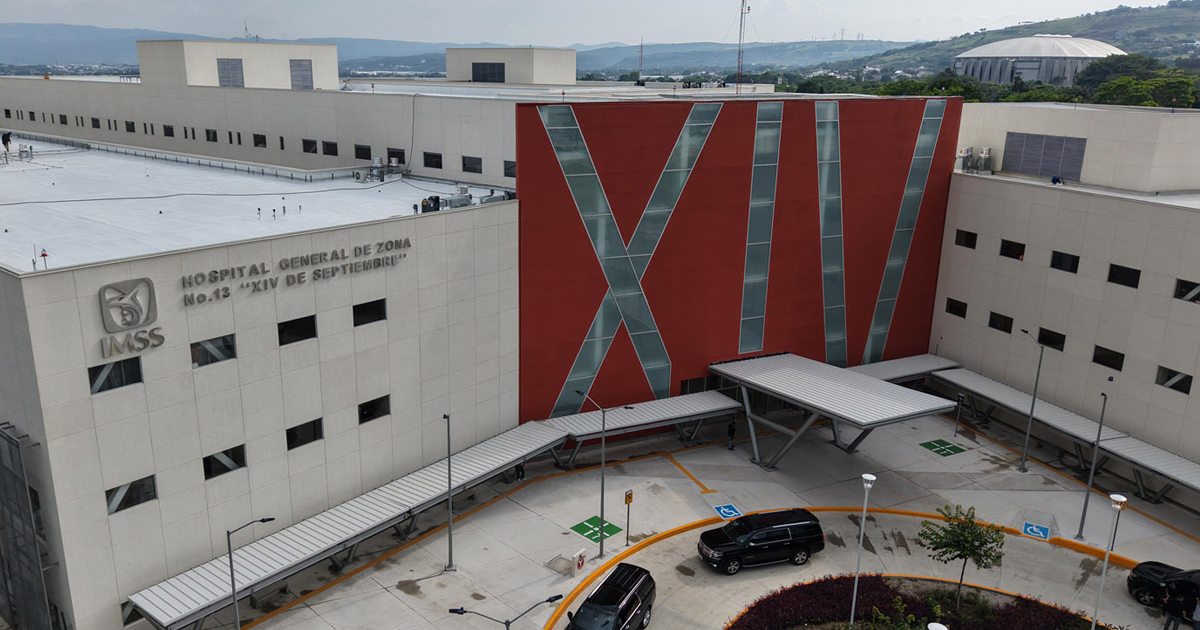Investigadores en el Reino Unido encontraron que una clase de antibióticos llamado aminoglucósidos podrían funcionar como tratamiento contra la demencia.
Los aminoglucósidos podrían funcionar como un nuevo tratamiento para la demencia frontotemporal. Los resultados de la investigación fueron publicados en Human Molecular Genetics, gracias a una colaboración entre la Universidad de Kentucky, el Departamento de Bioquímica Molecular y Celular del Reino Unido y el Departamento de Patología de la UCSF (Universidad de California en San Francisco).

La demencia frontotemporal es el segundo tipo de demencia más común después de Alzheimer, sin embargo, es el tipo más común de inicio temprano, ya que por lo general comienza entre los 40 y 65 años. Esta enfermedad afecta principalmente los lóbulos frontal y temporal del cerebro, lo que provoca cambios de comportamiento, dificultades para comunicarse y deterioro de la memoria.
Haining Zhu, del Departamento de Bioquímica Molecular y Celular del Reino Unido, fue quien descubrió este hallazgo, al observar que después de agregar antibióticos aminoglucósidos a las células neuronales con esta mutación, estas comenzaban a producir la proteína progranulina de longitud completa, lo que omitía la mutación.
“Las células cerebrales de estos pacientes tienen una mutación que evita que se produzca progranulina. El equipo descubrió que, al agregar una pequeña molécula de antibiótico a las células, podían ‘engañar’ a la maquinaria celular para que la produjera”, dijo Matthew Gentry, un co- autor del estudio y también profesor de la institución británica.
En concreto los investigadores encontraron que dos antibióticos aminoglucósidos la gentamicina y el G418 fueron eficaces para fijar la mutación y producir progranulina funcional. Al agregar moléculas de estos dos antibióticos las células afectaban lograron recuperar su nivel de progranulina de un 50 a 60%.
“Si podemos conseguir los recursos y el médico adecuados con los que trabajar, podríamos reutilizar potencialmente este fármaco. Esta es una etapa inicial del estudio, pero proporciona una prueba importante del concepto de que estos antibióticos aminoglucósidos o sus derivados pueden ser una vía terapéutica para la demencia frontotemporal “, dijo Zhu.







